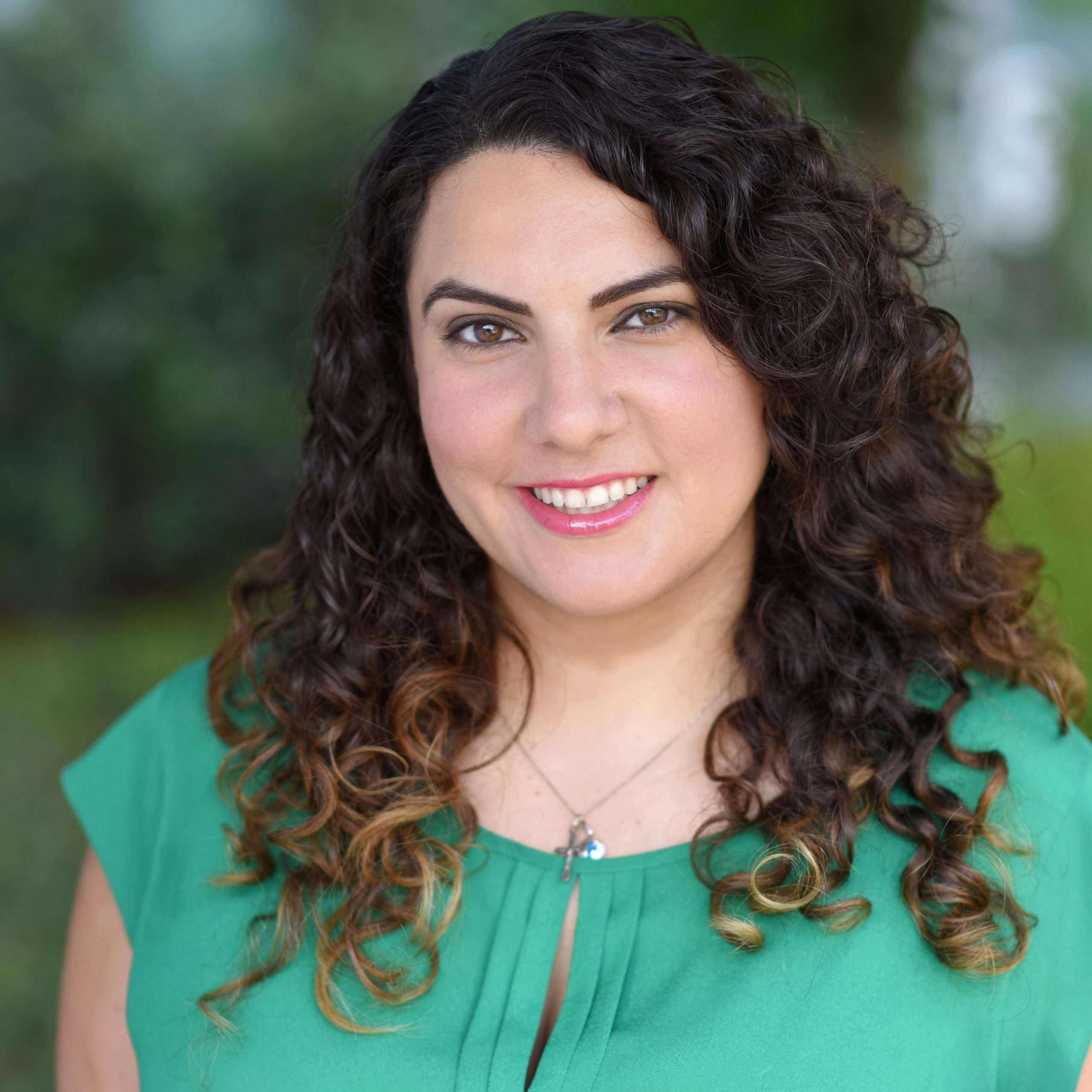Toilet Training
Learning Objectives
At the end of this course, participants should be able to:
- Define “Toilet training”
- Classify Signs of readiness and developmental skills
- Illustrate variety of training methods
- Modify training methods for special population
- Recognize fecal incontinence
Intended Audience:
This online course is designed for pediatricians, family physicians, and pediatric nurses.
Abstract:
Toilet training is considered a major developmental milestone to families worldwide. It is the “mastery of skills necessary for urinating and defecating in a socially acceptable time and manner.” The age at which a child is fully trained varies significantly across the globe, depending on the socioeconomic and cultural differences. All practicing providers should be aware of readiness signs and possible impacts of developmental delays or disabilities on achievement of full continence. There are a couple of widely accepted methods of toilet training across the western countries. However, there is no one perfect method and often families will have to be patient and use trial and error as they navigate a variety of obstacles, such as incontinence, constipation, among others. Providers should feel comfortable counseling parents about diet, physical activity, medications, and behavioral therapy methods that can aid in achieving toilet training success.
Assessment and Earning CME Credit:
This course in English is not CME-accredited. However, it provides valuable educational content that can enhance your knowledge and skills in the subject matter. To receive CME credit for this course in Armenia, you must take the course in Armenian and complete the post-course quiz. You have three chances to achieve a passing score of 70%. Once you pass the quiz, we will send your information to the Armenian Ministry of Health for credits.

Dr. Tamar Nazerian Chorbadjian
Dr. Tamar Nazerian Chorbadjian is a Clinical Assistant Professor in the Department of Clinical Science at the Kaiser Permanente Bernard J. Tyson School of Medicine, Director of the High Risk Infant Follow-up Clinic, and Developmental-Behavioral Pediatrician at Kaiser Permanente Baldwin Park Medical Center. She is dual board certified in Developmental- Behavioral Pediatrics and General Pediatrics. Dr. Chorbadjian diagnoses and treats a wide variety of neurodevelopment conditions, Autism, ADHD, learning disabilities, and other developmental and behavioral difficulties, and helps families navigate through the many systems of care. Prior to medical school, Dr. Chorbadjian earned her BS in Physiological Sciences, with a minor in Public Policy and Social Welfare from UCLA, and a Master of Public Health from USC. She completed her medical education at Western University of Health Sciences - College of Osteopathic Medicine of the Pacific, and her residency training from the UC Irvine - CHOC Pediatric Residency Program after an internship at the University of New Mexico. She concluded her fellowship training in Developmental-Behavioral Pediatrics at Children’s Hospital of Los Angeles while also completing leadership training through the MCHB’s LEND at USC’s University Center for Excellence in Developmental Disabilities, where she later also became a trainer. Her passion is early identification and intervention for children with different neurodevelopmental conditions and behavioral challenges. Her research interests include health care disparities for children with special health care needs, effect of media use on child development and behavior, as well as the effect of poverty on children's health, about which she has published a textbook chapter. She also prides herself in being a dedicated mother and an advocate for all parents and families. She strives to be a champion for children with developmental disabilities and their families, both locally and abroad.

